Neurodivergence can significantly impact how trauma is experienced and expressed. Neurodivergent people may have heightened sensory sensitivities, challenges with emotional regulation, difficulty trusting others, and unique communication styles—all of which can shape their trauma response. Trauma can also exacerbate these neurological differences, creating a complex interplay that requires specialised support.
NeuroTribe offers this specialised support through a tailored therapeutic approach. Our trauma-informed therapists (the Mental Health and Wellbeing Team) adapt their methods to better meet your needs, aiming to create an environment and process that feels predictable, comfortable and empowering for you as a neurodivergentAn individual whose brain functions differently from the (usually neurotypical) perception of what is “normal”. For example, an individual with autism, Asperger’s syndrome, dyslexia, dyscalculia, dyspraxia, ADHD, OCD or Tourette Syndrome. individual. This may include:
Pacing therapy at a slower, more gradual tempo
Incorporating sensory tools and accommodations
Utilising visual aids, structured formats, and clear communication
Focusing heavily on building a safe, collaborative relationship
Exploring trauma through nontraditional modalities like art, music, or movement

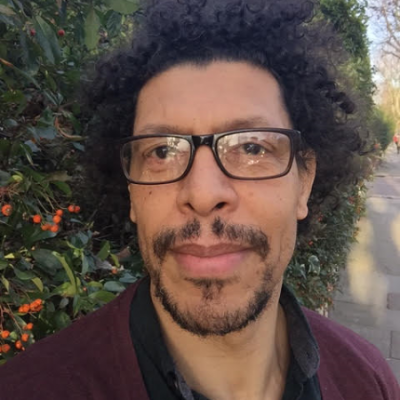
In Kamal’s therapeutic practice, a relational and soulful approach is emphasised, focusing on the dynamics that arise during sessions. Kamal believes that difficulties such as depression, anxiety, or disconnection can uncover deeper aspects of Self that may have been overlooked. By honouring these struggles rather than attempting to eliminate them, clients can gain insights into their personal journeys, fostering greater self-awareness and integration of neglected parts of themselves.
Kamal works from an Integrative Transpersonal perspective, using various psychological models to customise the therapeutic process to each client’s unique needs. Kamal provides a compassionate and safe spaceA place or environment where a person or group of people can feel comfortable that they will not be discriminated against, harassed, harmed or criticised. for clients to explore their feelings, gain clarity, and navigate life’s complexities, ultimately fostering a deeper understanding of their experiences and guiding them toward a more authentic and fulfilling life.
Kamal is a fully qualified BACP registered counsellor and a UKCP registered psychotherapist-in-training.
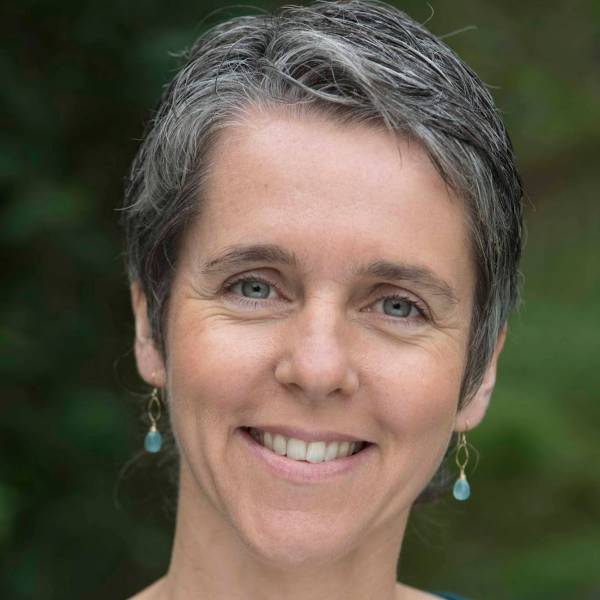
Ali is a BACP registered Transpersonal Arts Counsellor with an established practice in the shamanic arts. In therapy, her knowledge and respect for ancestral knowledge enables her to empower her clients to connect to their creativity and spirituality in an embodied way. This can be very helpful for clients who prefer nonverbal expression. Ali is equally adept with talking therapy.
Ali works with a wide range of children, young people, and adults, supporting them with their mental health and emotional well-being, using a transpersonal and person-centred approach. Ali teaches a 1-year shamanic practitioner training, as well as seeing clients for healing, in my sustainable eco-lodge in the Sussex Downs.
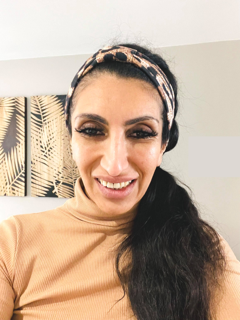
Zena is a BACP registered humanistic therapist. She has personal experience of navigating cultures and neurodivergence, and is passionate about offering a culturally integrated, neurodivergent-tailored, gender and sexuality-affirming practice. Zena supports clients with a wide range of life challenges and mental health struggles through talking therapy.
Zena also runs professional and personal support spaces for other therapists, and facilitates training on many topics, striving to ensure the experiences of marginalisedWhen a person, group or concept is treated as insignificant, inferior, isolated or unimportant. and minoritised groups are recognised and reflected in training and practice.
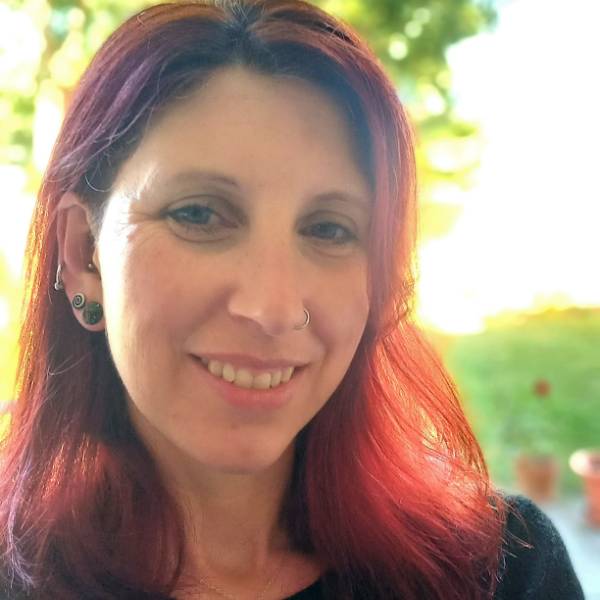
Pip is a BACP-registered integrative relational counsellor. She has previously worked in the NHS, supporting a diverse range of people struggling with problems including anxiety, depression, relationship and family problems, identity issues, traumatic experiences in childhood and adulthood, work problems, health issues, pregnancy loss and neurodivergence.
Through her own lived experience of neurodivergence, Pip has learnt that marginalisedWhen a person, group or concept is treated as insignificant, inferior, isolated or unimportant. identities can be sources of both challenge and strength and are fundamental to shaping us as the unique individuals we are. As she works with clients to create a deeper understanding of themselves and their troubles, Pip is committed to meeting all facets of their identity with compassion and respect.
Pip is a registered member of the BACP (British Association for Counselling and Psychotherapy) and has a degree in integrative relational counselling.
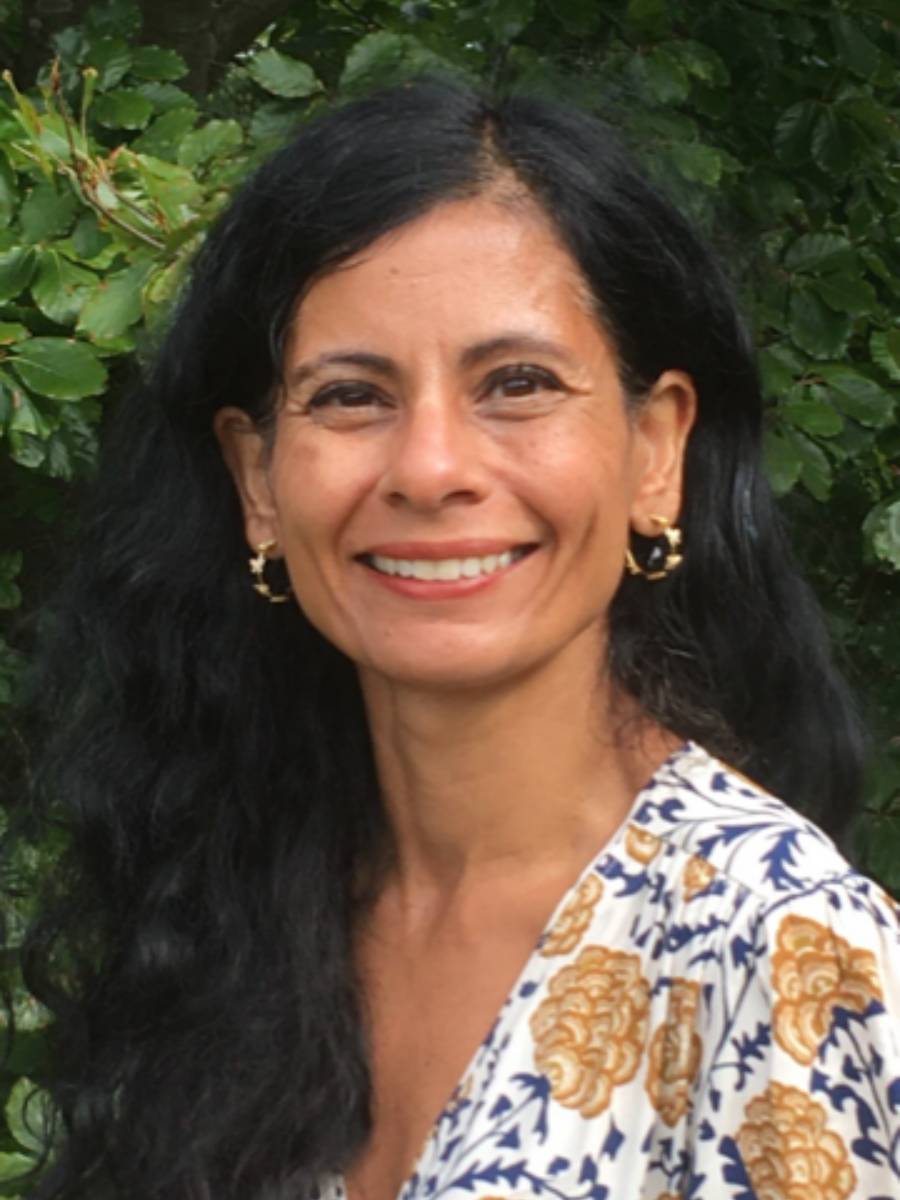
Anjum is a BACP registered Integrative Relational Counsellor. She has worked within the NHS for many years. She has had personal experience of the challenges of living with a ‘hidden’ disability.
Anjum works with her clients to process the often suppressed, painful and overwhelming emotions of fear, guilt, anger, shame and sadness that connect us all with being truly human. She explores past experiences and patterns of behaviour with her clients in order to promote self-knowledge and look towards potential for change.
Anjum is a registered member of the BACP (British Association for Counselling and Psychotherapy) and has a first class honours degree in integrative relational counselling.
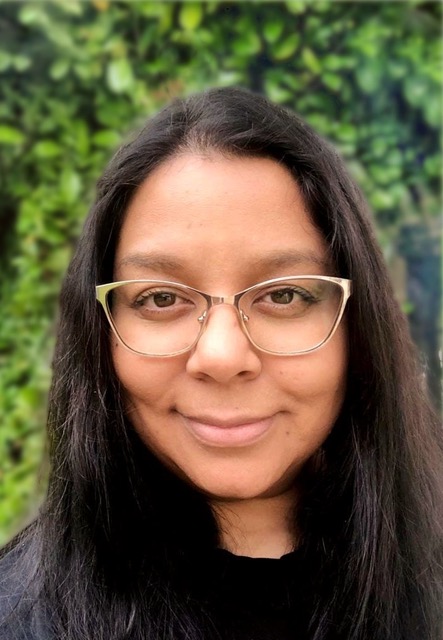
Fariah is a warm and inclusive integrative psychotherapeutic counsellor. She has worked for both in the NHS and private agencies. For many years Fariah has worked in the public sector supporting people with mental health issues and valuing their individuality.
She has experience supporting clients struggling with trauma, grief, identity, PTSD, eating disorders, low self esteem, abuse, family issues, cultural and racial issues and more. She has experience in, and welcomes, neurodivergentAn individual whose brain functions differently from the (usually neurotypical) perception of what is “normal”. For example, an individual with autism, Asperger’s syndrome, dyslexia, dyscalculia, dyspraxia, ADHD, OCD or Tourette Syndrome. clients and works creatively to engage with feelings that some clients find hard to articulate into words.
Fariah has a first class honours degree in Integrative Relational Counselling and is a registered member of the BACP.
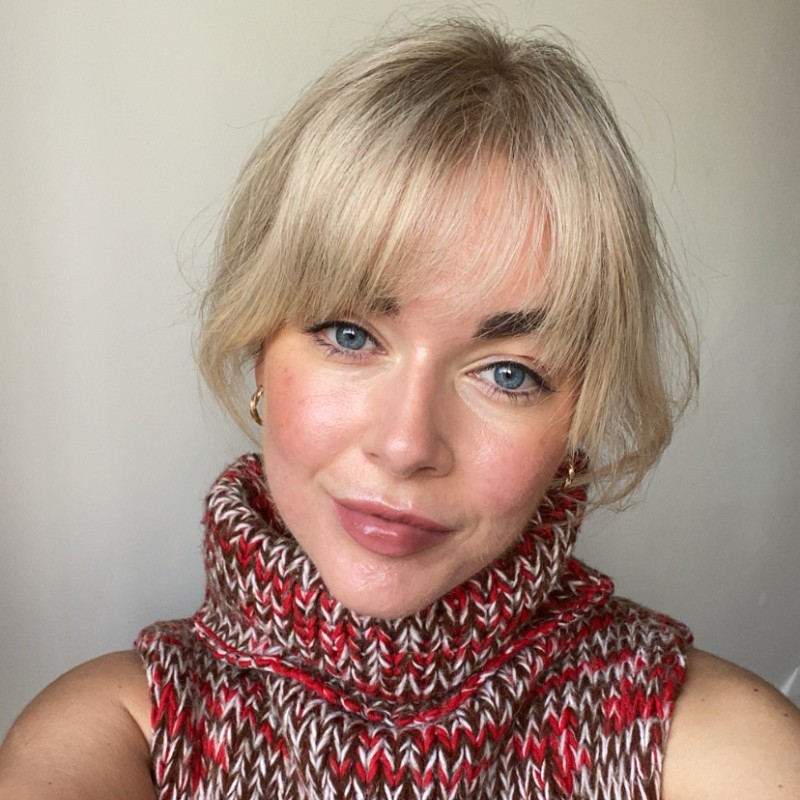
Ellen is a creative arts psychotherapist, trained in the modality of drama and movement. Since 2020, Ellen has worked with people of all ages (from young children to older adults) to support a variety of needs. Ellen’s approach is client-led and predominantly a talking therapy, which leans on creative tools for expression and exploration to help deepen the therapeutic process. Ellen’s practice has included conducting, publishing, and presenting research in the areas of neurodiversityHow human brains and minds differ. The Neurodiversity Movement is an approach that seeks equal rights, respect and inclusion for neurodivergent people who have conditions like autism, Asperger’s syndrome, dyslexia, dyscalculia, dyspraxia, ADHD, OCD or Tourette Syndrome and the importance of culturally responsive dramatherapy. As a neurodiverseA group of people whose brain functions differently from the (usually neurotypical) perception of what is “normal”. For example, those with autism, Asperger’s syndrome, dyslexia, dyscalculia, dyspraxia, ADHD, OCD or Tourette Syndrome. person herself, she is passionate about supporting neurodiverseA group of people whose brain functions differently from the (usually neurotypical) perception of what is “normal”. For example, those with autism, Asperger’s syndrome, dyslexia, dyscalculia, dyspraxia, ADHD, OCD or Tourette Syndrome. individuals to successfully navigate and regulate within a neurotypically designed world.
Ellen is currently training as an EMDR therapist, and is eligible to offer EMDR therapy to clients today. Eye Movement Desensitisation Reprocessing therapy focuses directly on altering emotions, thoughts, and responses resulting from traumatic experiences. With a versatile approach that straddles two psychotherapy models, Ellen offers a range of options including therapy that is long-term or short-term, solution or non-solution focussed, talk-based or of minimal talking, or a combination, depending on a client’s needs and interests.
Ellen has ADHD and DyspraxiaA condition that may affect physical coordination, balance, movement, learning, living skills, fine motor skills, emotional regulation, social interaction, time management, planning and personal organisation skills. and identifies a member of the LGBTQIA+Acronym encompassing people of all genders and sexualities, including but not limited to lesbian, gay, bisexual, transgender, queer, questioning, intersex, asexual, pansexual, demisexual, graysexual, gender nonconforming, non-binary, genderqueer and gender-neutral. community. With these lived experiences, Ellen is enthusiastic about supporting individuals with neurodiverseA group of people whose brain functions differently from the (usually neurotypical) perception of what is “normal”. For example, those with autism, Asperger’s syndrome, dyslexia, dyscalculia, dyspraxia, ADHD, OCD or Tourette Syndrome. and LQBTQIA+ matters.
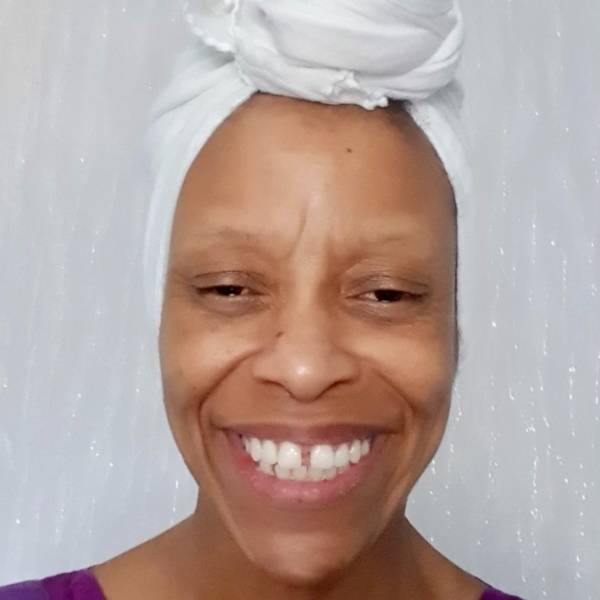
Qetnefert is a dedicated and compassionate therapist specialising in integrative mind-body therapy, certified in drama therapy and creative expressive arts. With a strong focus on emotional regulation, integrative trauma body work and integrative mind-body wellness, she works with clients experiencing acute and chronic pain managementControlling and improving the quality of life for people who experience ongoing pain lasting longer than three months, often after the original cause has healed or without an obvious reason. The goal isn’t always to eliminate pain entirely but to help the person live well despite it. Management may include a combination of medication, physical therapy, psychological support, lifestyle changes and self-management strategies., neurodiversityHow human brains and minds differ. The Neurodiversity Movement is an approach that seeks equal rights, respect and inclusion for neurodivergent people who have conditions like autism, Asperger’s syndrome, dyslexia, dyscalculia, dyspraxia, ADHD, OCD or Tourette Syndrome, and long-term health conditions such as fibromyalgia, ME, Sickle Cell Anaemia, Lupus, FND, Ehlers-Danlos Syndrome, and Hypermobility.
Additionally, Qetnefert is proficient in British Sign Language at Level 1 and holds a certificate in Deaf Awareness, allowing her to provide therapy with a BSL interpreter when needed. She can also incorporate Makaton in her practice, ensuring accessibilityWhen someone with a disability is given the opportunities, resources or tools they need to use products, devices, services, vehicles or environments without barriers. for all clients.
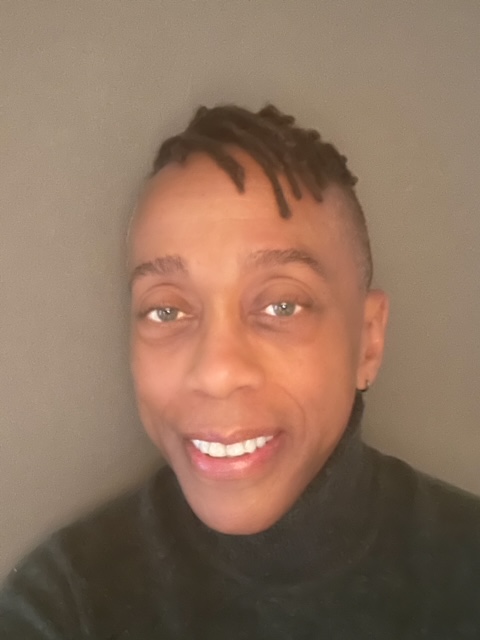
“Do the best you can until you know better. Then when you know better, do better.” – Maya Angelou
When life’s challenges start to interfere with your day-to-day living, having a space to explore and express your thoughts, feelings, and emotions can have a positive effect by helping facilitate equilibrium and clarity to your life.
David is a BACP (British Association of Counselling and Psychotherapy)The professional association for members of the counselling and psychotherapy professions in the UK. registered psychotherapeutic counsellor with a first-class degree in Integrative-Relational Counselling.
David’s therapeutic practice is based on empathy, trust, confidentiality, and respect for your autonomy. Drawing on a range of insight directed therapeutic approaches including psychodynamic, humanistic, and cognitive therapies, David offers you a creative, supportive, non-judgemental space to share your thoughts, feelings, and emotions, where your authentic self can be safely explored, expressed, seen, and heard.
NeurodivergentAn individual whose brain functions differently from the (usually neurotypical) perception of what is “normal”. For example, an individual with autism, Asperger’s syndrome, dyslexia, dyscalculia, dyspraxia, ADHD, OCD or Tourette Syndrome. people often face significant barriers when trying to access appropriate mental health support. Many therapists lack training or experience in working with this population, leading to misunderstandings, inadequate care, and further traumatisation.
67% of our mental health and wellbeing team have both lived experience and professional experience of neurodivergence. All provide trauma-informed approaches that help overcome these challenges. Don’t be afraid to ask detailed questions about a therapist’s background and approach to ensure it aligns with your needs.
As a neurodivergentAn individual whose brain functions differently from the (usually neurotypical) perception of what is “normal”. For example, an individual with autism, Asperger’s syndrome, dyslexia, dyscalculia, dyspraxia, ADHD, OCD or Tourette Syndrome. person, you are the expert on your own experience. Self-advocating for your preferences and boundaries within the therapeutic relationship is crucial. Share information about your neurological differences, sensory needs, and trauma history upfront.
Provide feedback on what does and doesn’t work for you. A collaborative, client-centred approach is central to the service we provide.
Our Mental Health & Wellbeing Team come from diverse racial and cultural backgrounds, with both lived and professional experience, and extensive training in racial and cultural marginalisationWhen a person, group or concept is treated as insignificant, inferior, isolated or unimportant.. As such, we are uniquely equipped to provide support for working through intergenerational traumaWhen trauma gets passed down generations in families, from a person who has directly experienced it. This ‘passing down’ of trauma can be expressed genetically, psychologically, or through behaviours. .
Intergenerational traumaWhen trauma gets passed down generations in families, from a person who has directly experienced it. This ‘passing down’ of trauma can be expressed genetically, psychologically, or through behaviours. , also known as transgenerational trauma, refers to the psychological and emotional effects that can be passed down from one generation to the next. It occurs when the trauma experienced by an individual or a group is not adequately addressed or resolved, leading to the effects of that trauma becoming embedded within the family or community, and manifesting in subsequent generations. This can include trauma related to events such as wars, genocides, abuse, oppression, or other deeply impactful and unresolved experiences.
We have practitioners who can provide therapy in Romanian and Polish or offer therapy with an Afro-Caribbean-centric approach.
With the right trauma-informed support that honours your neurodivergence, healing and growth are possible. The journey may require patience and persistence, but you deserve care that empowers you.